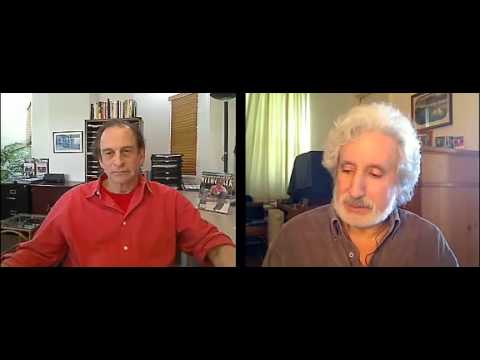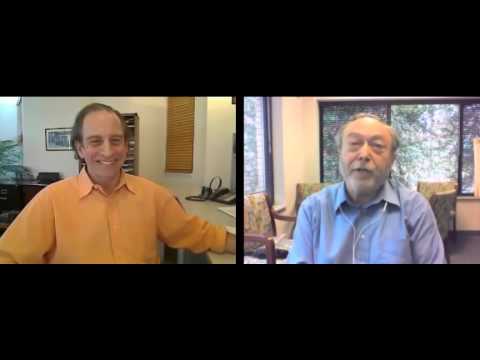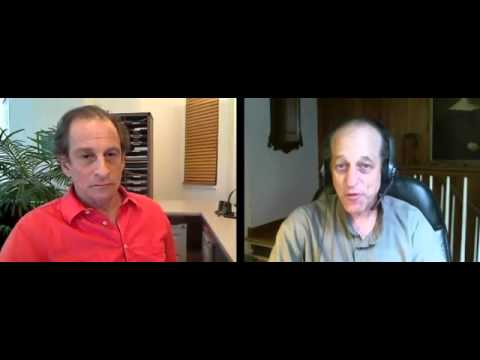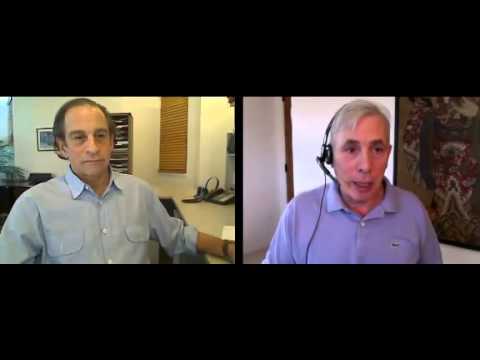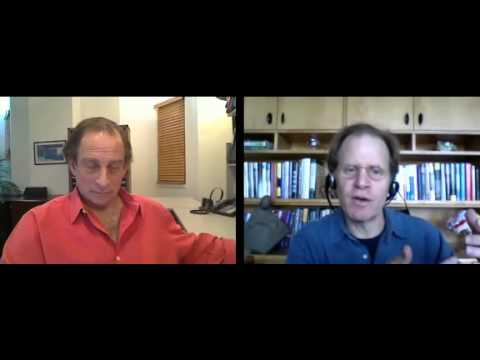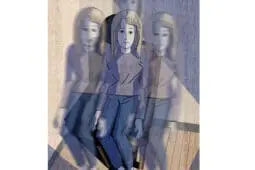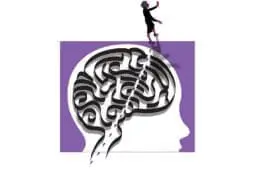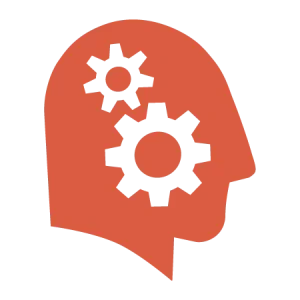
Science & Research
Exploring the evidence behind what we doEmpowering Today's Parental Authority Figures
Ron Taffel on What Families Can't Function WithoutRon Taffel discusses how Generation X and Millennials handle authority and raising kids differently than their parents. Read more
Responding to the Critics of DSM-5
Darrel Regier On Why Diagnostic Changes Were MadeDespite the number of criticisms it has incurred, there was a method to the so-called madness of DSM-5. Read more
Rethinking the Autonomic Nervous System
Stephen Porges on a Popular Neuroscientific MisconceptionFor decades therapists have been taught that there are two sides of the autonomic nervous system complementing each other. But according to Stephen... Read more
What's The Value Of A Diagnostic Category In The DSM?
Gary Greenberg on the Role of Economic Factors in the Shaping of the DSMGary Greenberg deconstructs the DSM and how it affects the field and your practice. Read more
How to Help Learning Stick for Clients
What Can Neuroscience Tell Us About Psychotherapy?It’s usually easy to see when clients are tuned out or turned off, simply not absorbing what you’re trying to get across. What’s puzzling is when things... Read more
Wearing Your Heart on Your Face
The Polyvagal Circuit in the Consulting RoomPsychophysiologist Stephen Porges’s research on the polyvagal nervous system provides insight into the evolutionary roots of trauma and anxiety, and how... Read more
You’re Never Too Old to Change
Michael Gelb On The Most Effective Methods Of ChangeMichael Gelb discusses time-tested wisdom that helps people change their lives. Read more
Teaching Neuroscience to Our Clients
How One Client Effectively Applied Dan Siegel’s Neurobiology LessonPsychotherapy Networker Founder Rich Simon listens to Dan Siegel about neuron "sponges," empathy, and how it all impacts depression. Read more
Is Sexual Orientation Hardwired In Our Brain?
Louann Brizendine On How Sexual Preference Is DeterminedPsychotherapy Networker Founder Rich Simon asks neurobiologist Louann Brizendine about sexual orientation and the brain Read more
How the Brain’s Negativity Bias Impedes Change
Rick Hanson On Understanding Why We Focus On The NegativePsychotherapy Networker Founder Rich Simon talks to Rick Hanson about negativity bias and how it can be one of the biggest challenges to helping clients... Read more
Creating Adventure And Play In Therapy
How to Vitalize Your Therapeutic StyleTo have real therapeutic impact, we need to help clients learn to relate to themselves and the world in entirely new ways. Read more
Unlocking The Emotional Brain
Is Memory Reconsolidation the Key to Transformation?New research into the complexities of memory reconsolidation offers important clues about how we can make the most elusive of consulting room events—the... Read more
Therapy Isn't Brain Science
Knowledge Doesn’t Replace Clinical SkillTherapists were doing helpful work long before neuroscience made its official debut and the field developed a collective case of “brain fever.” In fact, at... Read more
Is Technology Changing Our Minds?
What Therapists Need to Know in the Digital AgePsychiatrist and neuroscientist Gary Small on what therapists should know about how technology is altering our brains, for both good and ill. Read more
Depathologizing the Borderline Client
Learning to Manage Our FearsInevitably, given their history of trauma, many borderline clients will trigger their therapists from time to time. But forgoing the urge to blame these... Read more
Cultivating Your Creativity Can Make You More Effective
Creativity expert, Michael Gelb, on 4 simple practices that can help you become a better therapistActively cultivating creative power can be a revelation. It changes your brain, your outlook, your perception, and your problem-solving ability. Read more
VIDEO: Our Bottom Line Responsibility as Therapists
Rick Hanson on Working with the Brain for Lasting ChangePeople seek us out because they want change. Some want to be less anxious or less depressed, some want to be better able to control themselves in interactions... Read more
Treating the Dissociative Child
The Road Back from the Ultimate Loss of SelfFew cases offer as eerie a therapeutic challenge as a suddenly noncommunicative child, lost in a dissociative shutdown. Read more
An alarming number of children and adolescents who walk into a psychiatrist’s office in the United States each year walk out with prescriptions for powerful... Read more
The Power of Emotion in Therapy
How to Harness this Great MotivatorNeuroscientists recently established emotion is the prime force shaping how we cope with life’s challenges. Psychotherapists are beginning to learn how to... Read more
Why We Cry
A Clinician’s GuideOur understanding of what happens when we weep hasn't progressed much beyond Freud's theory of catharsis. However, knowing how our nervous systems work can... Read more
Psychotherapy At The Crossroads
A New Vision of Integrative Mental HealthAn alternative to the old talking cure is expanding the knowledge base of psychotherapy as we recognize the role that exercise, nutrition, spirituality... Read more
Brain-Based Parenting
What Neuroscience is Teaching Us About Connecting With Our KidsOur growing understanding of attachment and the processes that shape the parenting brain are opening new possibilities for helping stressed-out parents who are... Read more
Facing Our Fears
Why We Avoid Doing Couples TherapyAs neuroscience increasingly shows how wired we are to our intimate partners, an important question arises for therapists: Why do we primarily continue to see... Read more
Our Potential for Good
Altruism as an Evolutionary ImperativePsychologist Darcher Keltner believes that underestimating our capacity for altruism does human nature a disservice. Read more
The Heart of Darkness
Plumbing the Nature of EvilPlumbing the eternal question: Why are there bad people? Read more
The Alphabet Soup
Diana Fosha on the Convergence in Today’s TherapiesDiana Fosha talks about why so many acronymic therapies—ADEP, DBT, IFS, ACT—resemble each other, and what that says about the therapy field today. Read more
Bringing Up Baby
Are We Too Attached?While therapists may consider some intuitively appealing ideas about human development---like attachment theory---beyond dispute, the researcher's job is to... Read more
The Verdict Is In
The Case for Attachment TheoryFifty years of research has confirmed that the emotional quality of our earliest attachment relationships is central to our well-being as adults. Read more
Breaking Free
A Mind-Body Approach to Retraining the BrainPutting the power of neuroplasticity to work in the consulting room. Read more

